Agave spirits in China? Thaks to a few die-hard fans, interest is rapidly growing
Beijing recently hosted China’s first-ever agave spirit festival, drawing crowds of enthusiasts eager to experience the rich culture and diversity of agave-based spirits. The Beijing agave festival, organized by a local aficionado with a deep passion for Mexican culture and cuisine, featured over 40 brands, including tequila, mezcal, bacanora, destilados de agave, sotol, and raicilla. Over two days, the event attracted around 2,000 people, even despite bad weather—a testament to the growing interest in agave spirits within China.

A growing market for tequila and mezcal in China
“China’s middle class has around 400 million people, so the buying power is there, but no one really understands agave yet,” explains Ray Heng, the festival’s founder.
Agave spirits awareness has been steadily growing for the last decade. Daniel Taytslin, founder of Gotham East, the first to import artisanal agave spirits into China in 2013, reflects on the growth:
“It’s been a wild journey. When I got here in 2013, there wasn’t even a word for mezcal in Chinese, and people hardly knew what tequila was. I would go into bars and give trainings and classes, and people didn’t even really know what gin or rum was. I got a lot of blank stares, so for agave, you were lucky if someone said it was a cactus. Back then it was very eye opening for folks to try tequila for the first time.”
Taytslin, who has a background in international security and development, became passionate about artisanal spirits and cut his teeth working at Astor Wines in New York City. He built an extensive network before finding his way to China. As is familiar to many of us, mezcal and agave spirits captured a special place in his interests and he was inspired to share the flavors and culture of agave, recognizing that learning about and enjoying traditional agave spirits can be a transformative experience. Today his company imports industry stars like Dixeebe, Lagrimas De Dolores, La Venenosa, Derrumbes, Koch, Arette Tequila, and Charanda Uruapan.
In Sweden in 2021, Paula Vega, a Mexico city native, founded and launched Mezcal Nan Dob with Sandra von Goldbeck. Vega relocated to Beijing mid-pandemic and quickly picked up on the growing interest in agave spirits:
“What’s happening here [in China] is really interesting. It’s probably about 10 years behind what’s happening in the United States, but the beauty of it is that there is so much space to grow. We want to educate people here–not only the trade but also the end consumer. People are so open to learning about spirits in general…there’s a lot of interest in learning about the category.”
Taytslin recalls first meeting Ray and recognizing a kindred spirit motivated to share the world of agave in China: “Ray came to a masterclass I was giving in Beijing six or seven years ago when he was just starting his journey, and I could see that he was part of the community–his eyes were shining and he was really fired up about promoting agave spirits”
A restaurateur, Heng has been exploring Mexican cuisine since 2009. “It all started with a quesadilla,” he says. His chef had created a Western-style menu, but it wasn’t specifically Mexican. The quesadilla stood out to Heng, kicking off an interest in Mexican food. He took their menu in that direction.
“At first, I thought I was serving authentic Mexican dishes, but after a customer pointed out the Tex-Mex influences, I realized I had to experience Mexico firsthand…In 2011, I went to Mexico by myself for the first time to discover for about two weeks, including a five day home cooking class in Queretaro. From that trip, I fell in love with Mexico–not just the food, but also the culture, the colorful Colonial streets.”
It was around then that he discovered chef Rick Bayless, whose books and shows were influential, and ultimately Rick became a mentor to Heng, who attended the culinary school in Chicago at Rick’s suggestion.
It wasn’t long before he turned his attention to agave spirits.
“In 2012, there was only Jose Cuervo and Don Julio in China—no mezcal at all,” he explained. “The first mezcal to make it to China was Benevá around 2015, but it wasn’t until 2018 that mezcal gained traction.”
His commitment to promoting Mexican spirits led him to start his own importing company in 2022, bringing small, sustainable brands to the Chinese market.
“Ray is the padrino of mezcal in China because he is an OG. He has always been really welcoming and he has this passion for the category and for making things right for the industry at large, and I respect that about him a lot,” shares Vega.
Taytslin agrees with Vega, recognizing Heng’s commitment and hard work: “Ray’s been talking about this festival for years…It was always a dream to pull everybody together and showcase the community and get the message out there like some of us have been trying to do for years…and it was amazing, finally a flag in the ground for everybody to rally around.”
The Beiging agave festival was his solution to educate and unite the community.
“I’ve been doing tastings since 2019, but even with my best efforts, it would only reach about 10 to 20 people at a time,” he shared. “If you want to make waves, you have to get all the importers together.”
With the support of friends in the industry and even a promotional boost from the Mexican embassy, he was able to bring the festival to life.
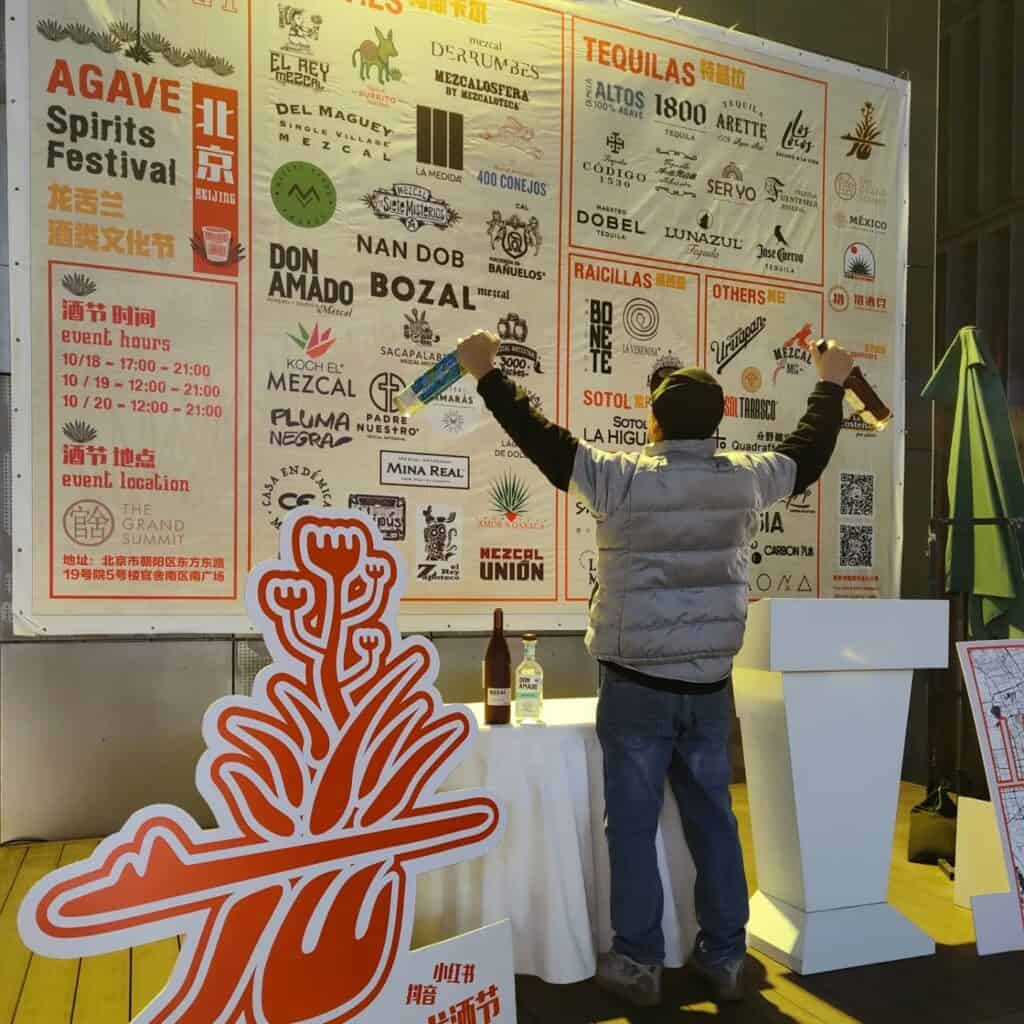
The first agave festival in Beijing
The event was aptly named “Long Agave Festival,” drawing inspiration from the Chinese character “龙” (lóng) for “dragon,” a powerful symbol in Chinese culture, that is also related to agave, to highlight the event’s cross-cultural essence. The festival’s name and logo design embodied this fusion, celebrating both Mexican heritage and Chinese tradition.
The Beijing agave festival was a sensory celebration of Mexican culture and craftsmanship. Held over a weekend, it ran from noon until late in the evening, with festival-goers staying long after official hours.
“We had neat tastings, cocktails, and Mexican food from three restaurants,” he said. “Distributors teamed up with local bars to make cocktails for people who weren’t ready to drink it neat, making the spirit accessible to newcomers.”
Attendees also enjoyed cultural classes, with six speakers sharing insights on agave heritage and production methods.
People came from all over China, even from distant provinces, a turnout that overwhelmed and moved the organizer. “I was nervous—if no one showed up, it would have been a huge risk. But when people flooded in from all over China, I almost cried,” he admitted. “We had no media budget; it was all word of mouth and social media.”

The festival featured more than 50 brands and three restaurant setups. Some of the showcased spirits were imported by the organizer himself, who offers a curated selection of small-batch brands like Burrito Fiestero, Bozal, and Cinco Sentidos. “We steer clear of corporate brands,” he said, emphasizing his focus on authentic, sustainable producers.
Importers who participated in the event shared that the festival was a great success, helping them connect with new bars and distributors from across the country. The feedback Heng received from distributors was that they gained a lot of new connections, and that many attendees purchased tasting kits. Heng recognized the festival as a turning point in establishing agave spirits in China’s cocktail scene.
As for the future, the festival’s success has inspired plans to expand the concept to other cities. “The very next day, the Mexican embassy from another region reached out about doing a similar event down south,” the organizer shared excitedly. “Next year, I plan to bring the festival to three or four more cities, with support from sponsors. This time, I’ll need to hire a team.”
The first Beijing agave festival marks an exciting shift in the country’s rapidly evolving craft spirits scene and a new chapter in the story of agave spirits.

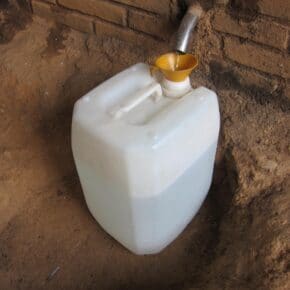
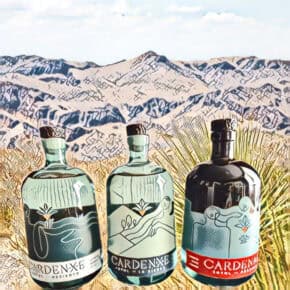
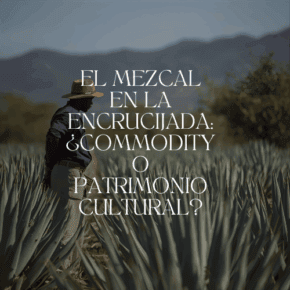
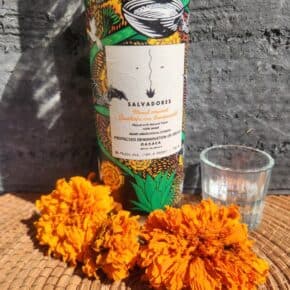







Leave a Comment